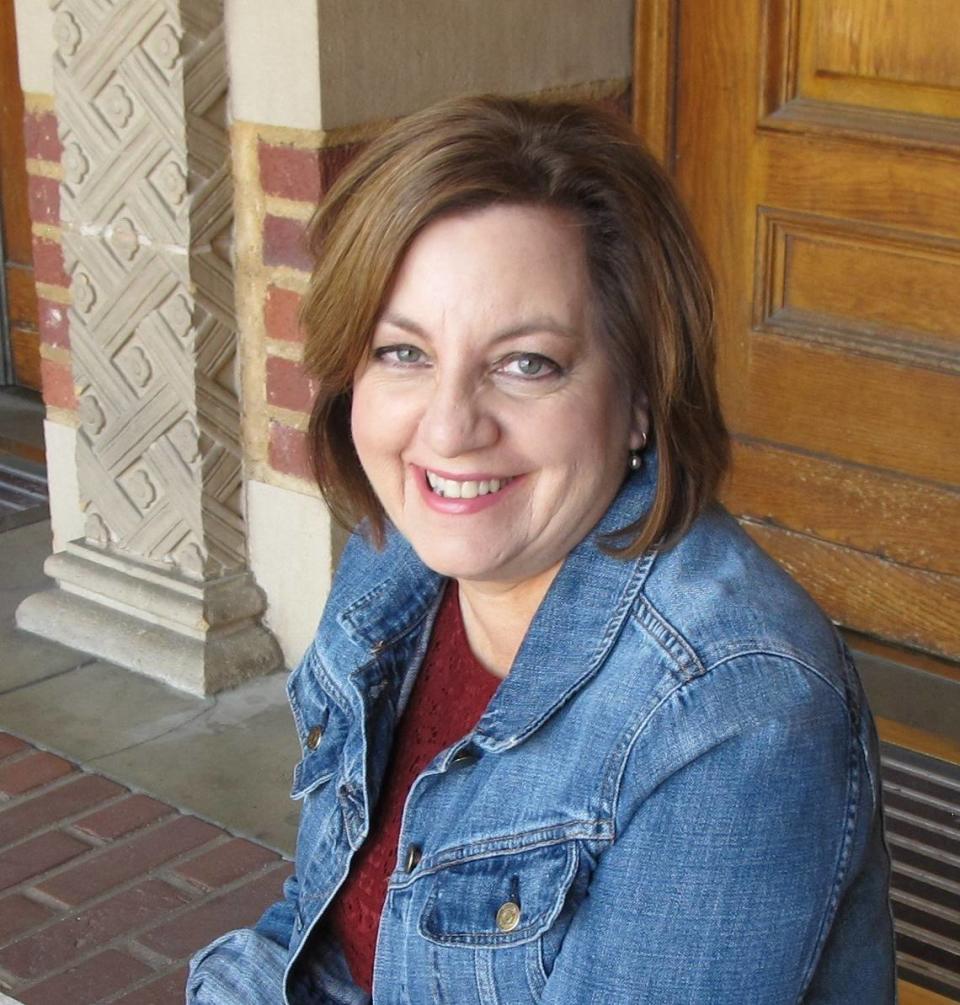Fresno woman feels saddened, disoriented as she witnesses the removal of raisin vineyards
I’m upset. Raisins have been produced in the Fresno area for almost 150 years. We used to be the “Raisin Capital of the World.” Now, our local vineyards are being razed at an alarming rate. Our old identity has run its course. All I hear is a death rattle.
Take a short ride outside the boundaries of our ever-expanding cities and towns and look around. You’ll understand what I’m talking about. Those of you living near an almond orchard or a mandarin grove already know. A life ends gradually, yet halts with a sobering force.
On a recent visit to a cemetery in Fowler, I was bothered by an unexpected view. Across the avenue, a large vineyard had been leveled. The next day, I returned for another look. Crinkly vine stumps were strewn across the land as if they were revolutionaries who had lost the battle. At the edge of a felled row was a lone grapevine, maybe 2 years old, still stuck in the dirt. A protective, slightly moldy paper wrapper covered its base. Burchell Nursery, it said. This was probably a replacement vine placed into the ground when there was still hope.
The plant had a bright energy radiating through its core. I could feel it. Tiny green leaves had begun to push out through a cane, as all grapevines do in March. But this specimen’s days were numbered. A field worker’s shovel would soon call its fate, the fate of a thousand other vines that lay flattened before me. Vineyards planted during my grandparents’ time lasted a hundred years. This farmer had given up the ghost.
With a couple of phone calls, I could have learned the owner’s name. I didn’t have the heart. I’d already heard enough stories of late. A friend was struggling to find someone to lease her vineyard. Another friend began to weep in my car as she considered the possibility of losing the vines she knew as a child.
Viticulture isn’t easy. The price of farm labor is high. So is the cost of electricity to pump water and fertilizer to support the land. To ease these burdens, some farmers have gravitated toward drip irrigation or mechanized picking. But even with these cost-saving measures, producing raisins hardly pencils out when you’re not getting a good price for your product. Many raisin farmers have transitioned to new crops. Others have abandoned tangled rows altogether until they decide what to do next. Anyone associated with the raisin industry has been pressed into some kind of corner.
In 2000, an estimated 280,000 acres of raisin grapes were harvested in California, a peak number. By 2020, the bearing acreage had declined to 145,000. I don’t think Americans are eating less trail mix or raisin toast than we were 20 years ago. But other countries are producing raisins more cheaply than we are. I’ve been told only 20 percent of the world’s supply currently originates from California. This percentage used to be much higher.
It could be that not all the raisins you’re eating were even grown in the Central Valley. There are whispers that some of the raisins packed locally are being supplemented with foreign product. If this is true, where are these raisins coming from? Turkey? Iran? China? No one is talking.
There are also complaints that the middlemen and women, the raisin packers themselves, haven’t always played well in the sandbox. There’s a sense they’ve been making large profits on the backs of small farmers who are operating within tight margins. At a national level, similar complaints can be heard throughout the farming industry, regardless of commodity. Meanwhile, it’s too late to fix the issues for the farmers who have already moved on.
I admit my perspective is a sentimental one. I grew up on a vineyard that no longer exists. If I tend to romanticize the lost topography of the Central Valley, I’m not ashamed. I don’t see land as a means to an end, a simple spot on the Earth to grow a peach, a grape, or a house. I see the agricultural fields that surround us as a mirror reflecting the parts of ourselves that are most human and vital.
In this place, mourning doves fly over old vineyards and new orchards to land in our backyards. A shared connection rises from their spring birdsong, no matter how pixilated and otherworldly our individual lives become.
Danielle R. Shapazian is a nurse and writer who lives in Fresno. She can be reached at Danielle.Shapazian@ sbcglobal.net, or followed on Facebook and Twitter.


